Is Radar Detector Legal In Texas
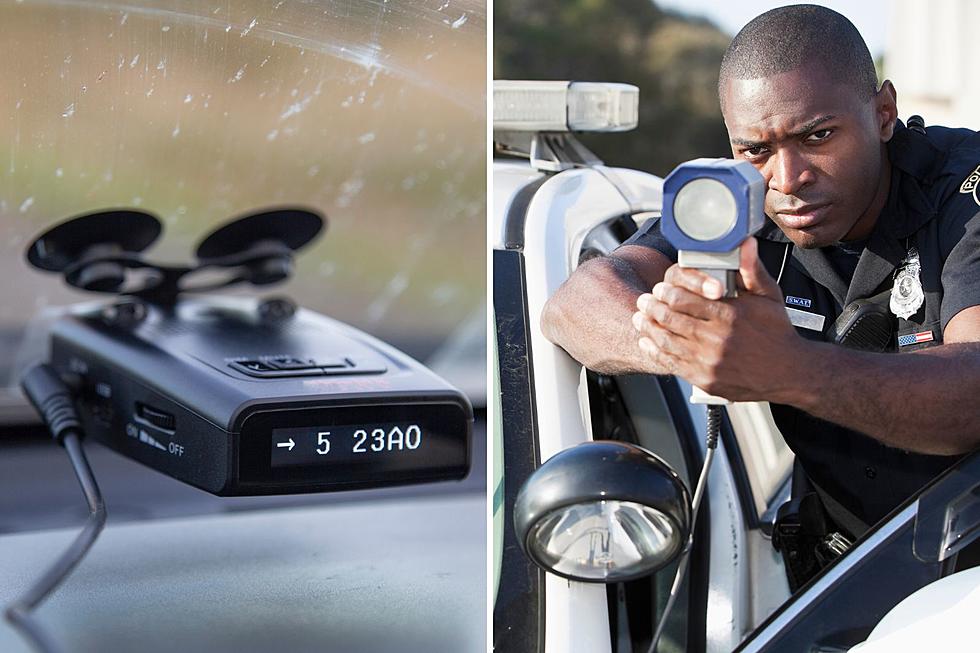
Texas highways, long stretches of asphalt under a vast sky, are a familiar sight for many. But for drivers, the question of whether they can legally use a radar detector adds another layer of complexity to navigating these roads. The legality of these devices in the Lone Star State is a frequently debated topic, with implications for both law enforcement and individual drivers.
At the heart of this discussion is the balance between a driver’s right to awareness and law enforcement’s ability to maintain safety. This article will dissect the current legal standing of radar detectors in Texas, exploring the nuances, restrictions, and potential consequences for those who use them. It will also examine the perspectives of legal experts, law enforcement officials, and everyday drivers to provide a comprehensive overview of this controversial issue.
The Legality of Radar Detectors in Texas: The Basic Stance
In Texas, the use of radar detectors in passenger vehicles is, generally speaking, legal. There isn't a statewide law that explicitly prohibits their use. This contrasts with some states that have outright bans or restrictions, especially for commercial vehicles.
However, there are significant exceptions to this general rule. These exceptions primarily concern commercial vehicles and federal regulations, which can significantly impact drivers passing through or operating within specific zones.
Commercial Vehicles and Federal Restrictions
Federal law prohibits the use of radar detectors in commercial vehicles weighing over 10,000 pounds. This restriction is enforced nationwide, including in Texas. This applies to a wide range of vehicles, from large trucks and buses to certain types of vans and vehicles used for business purposes.
This ban is rooted in safety concerns. The argument is that professional drivers should be focused on safe driving practices and adhering to speed limits, rather than trying to circumvent law enforcement. The federal government sees radar detectors as potentially encouraging unsafe driving behavior in commercial vehicles.
Texas, as a state, adheres to these federal regulations regarding commercial vehicles. Therefore, any commercial driver caught using a radar detector in Texas could face significant penalties, including fines and potential suspension of their commercial driver's license (CDL).
Radar Jammers: A Different Story
It's crucial to distinguish between radar detectors and radar jammers. While radar detectors are legal for passenger vehicles, radar jammers are strictly illegal under federal law. Radar jammers actively interfere with law enforcement's radar equipment, preventing them from accurately measuring a vehicle's speed.
Possessing or using a radar jammer is a serious offense that can result in hefty fines and even criminal charges. The Federal Communications Commission (FCC) strictly regulates and prohibits the use of these devices.
Texas law enforcement agencies actively pursue individuals using radar jammers. The penalties for their use can be severe, reflecting the seriousness with which the state and federal government view the obstruction of law enforcement activities.
Perspectives on Radar Detector Use
The debate surrounding radar detectors elicits strong opinions from both sides. Law enforcement officials often express concerns about the use of these devices. They argue that radar detectors can encourage speeding and reckless driving, ultimately making roads less safe for everyone.
From the perspective of some law enforcement officers, the legality of radar detectors complicates their job. They believe that the potential to avoid detection undermines their efforts to enforce traffic laws and prevent accidents.
On the other hand, many drivers argue that radar detectors are a legitimate tool for maintaining awareness and avoiding unintentional speeding. They see them as a way to stay informed about their speed and surroundings, promoting safer driving habits.
Some drivers also argue that radar detectors help protect them from speed traps or unfairly enforced speed limits. They view the devices as a means of ensuring fair treatment and preventing unjust fines.
Legal Ramifications and Practical Advice
While radar detectors are legal for passenger vehicles in Texas, it's essential to understand the potential legal ramifications. If a driver is pulled over for a traffic violation and found to have a radar detector, they won't be ticketed for simply possessing the device.
However, the presence of a radar detector could potentially influence an officer's perception of the driver's behavior. An officer might be more inclined to scrutinize the driver's actions or issue a ticket if they believe the driver was actively trying to evade law enforcement.
Drivers should always exercise caution and adhere to all traffic laws, regardless of whether they are using a radar detector. Responsible driving practices are always the best way to avoid accidents and ensure safety on the road.
The Future of Radar Detector Laws in Texas
The legality of radar detectors is a topic that could potentially be revisited by the Texas legislature in the future. Changes in technology, traffic safety concerns, and evolving legal interpretations could all influence future laws.
It's important for drivers to stay informed about any changes to traffic laws and regulations, including those related to radar detectors. Regularly checking official sources, such as the Texas Department of Public Safety website, is recommended.
In conclusion, radar detectors are currently legal for passenger vehicles in Texas, but with critical caveats for commercial vehicles. Understanding the distinctions between radar detectors and jammers, as well as remaining informed about evolving laws, is crucial for all drivers in the Lone Star State.
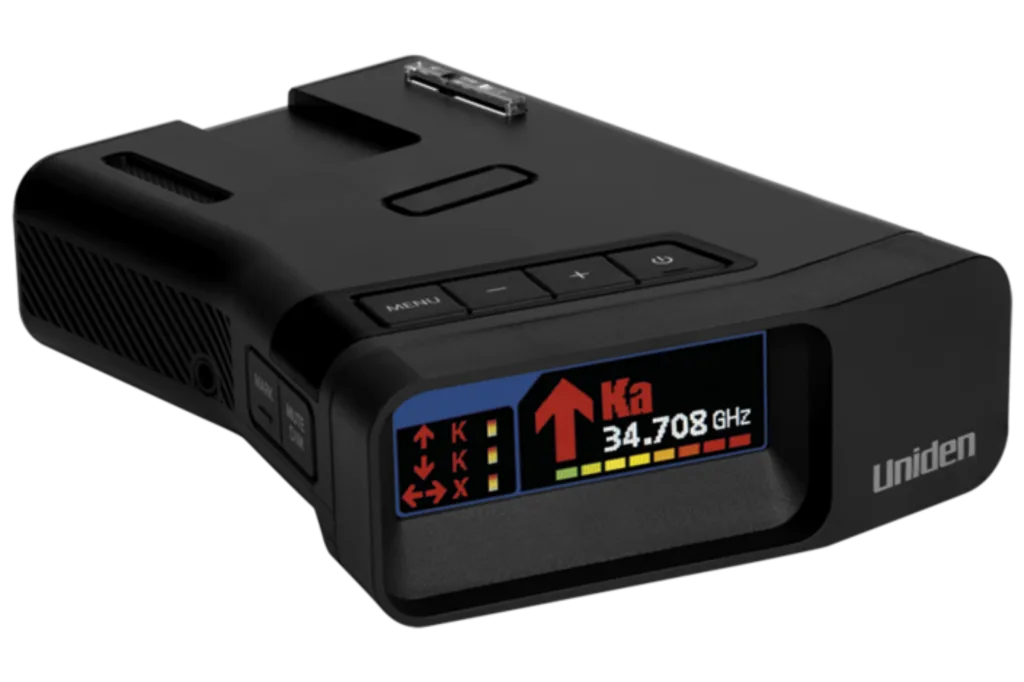
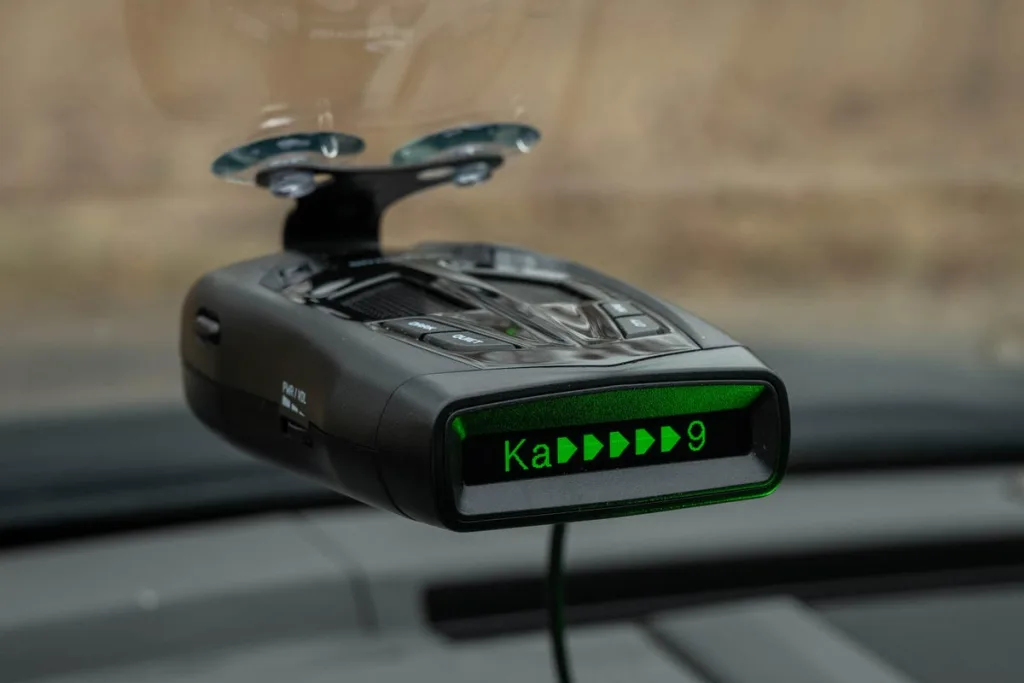
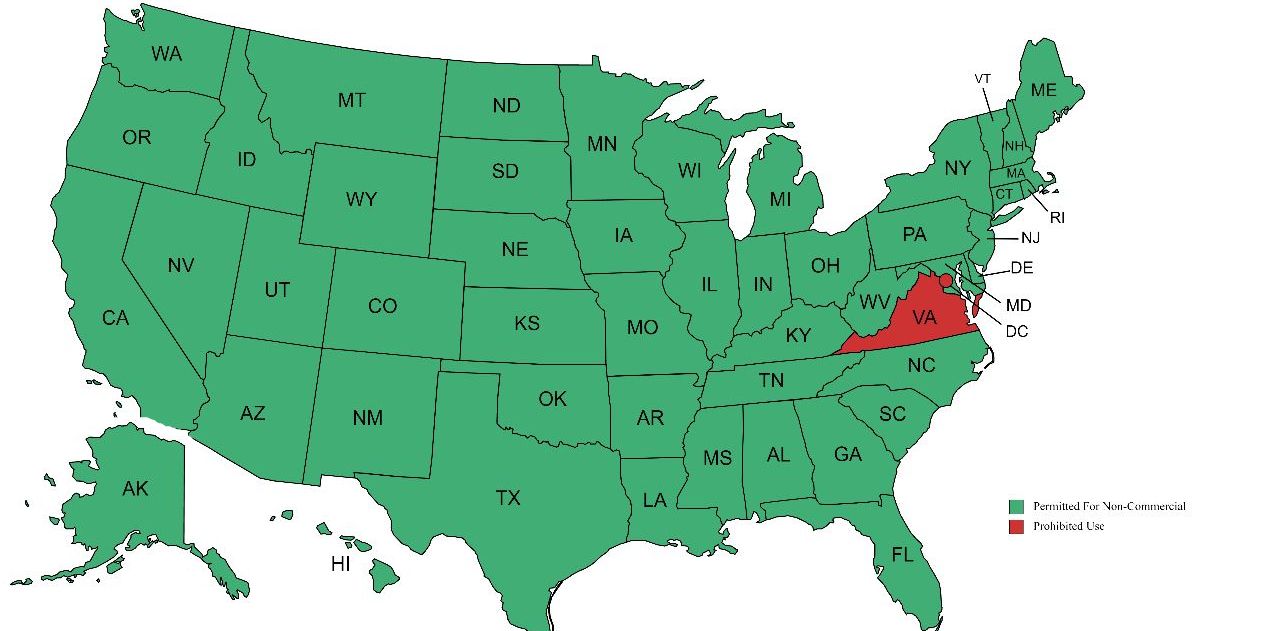

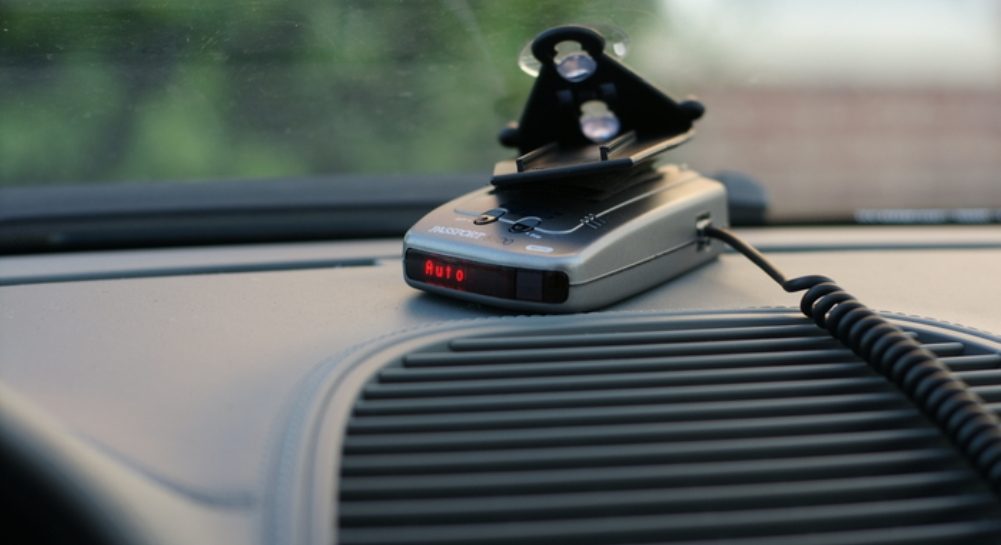
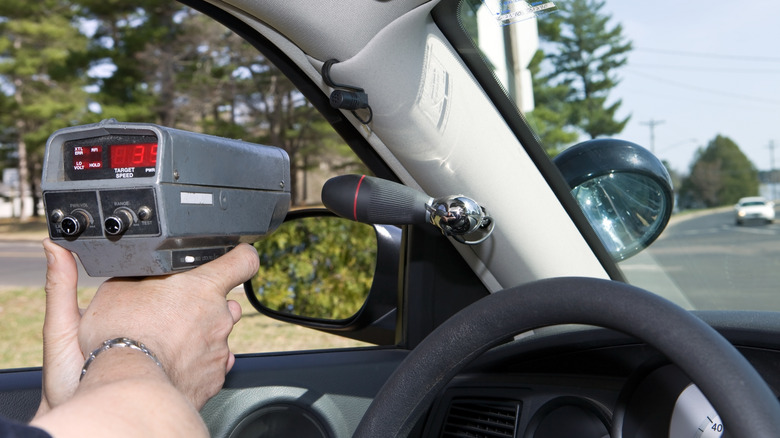

![Is Radar Detector Legal In Texas Are Radar Detectors Legal [States That Say No!] – DRIVING LIFE](https://drivinglife.net/wp-content/uploads/2021/06/Radar-detector-legal.jpg)
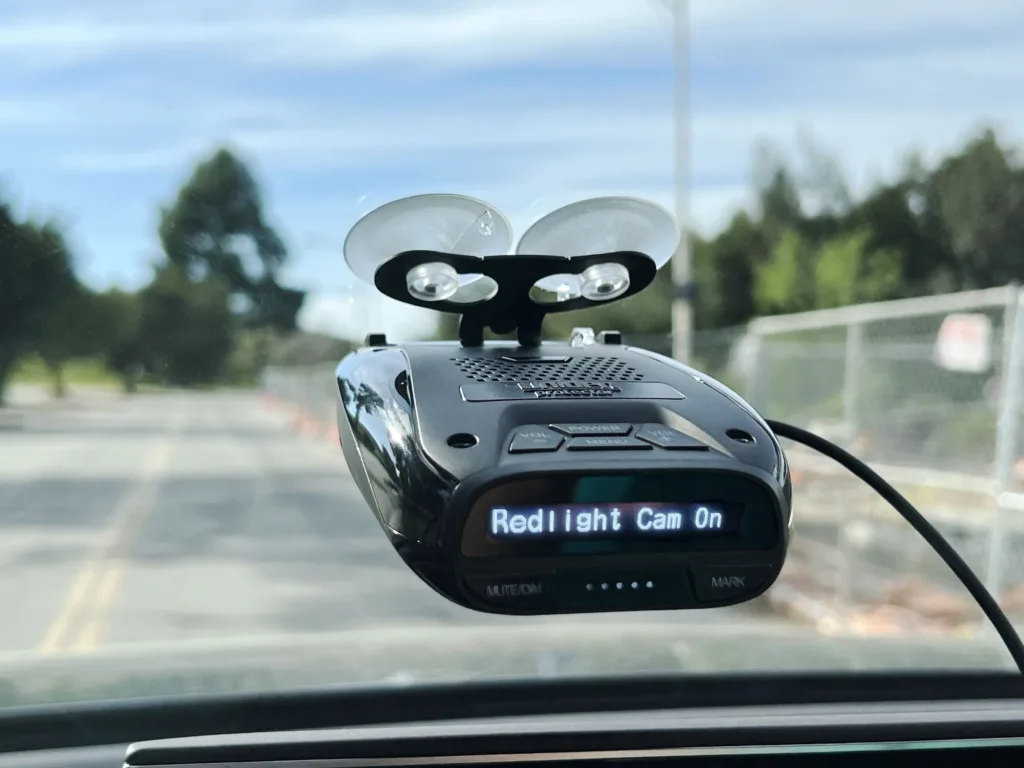
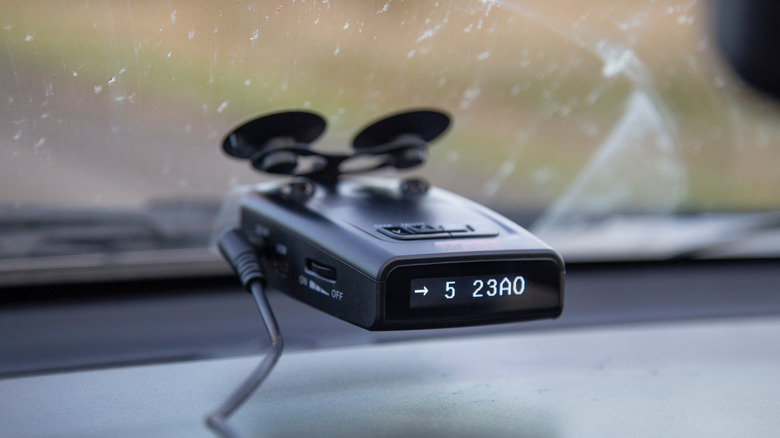


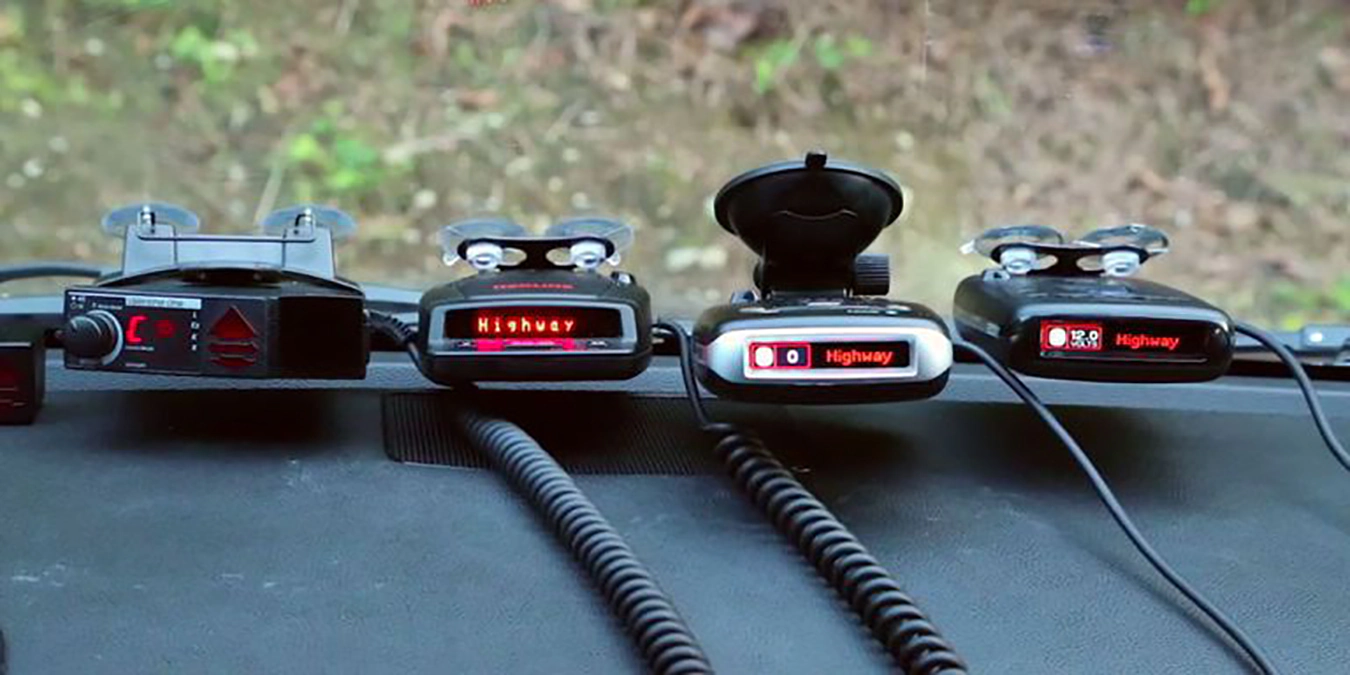
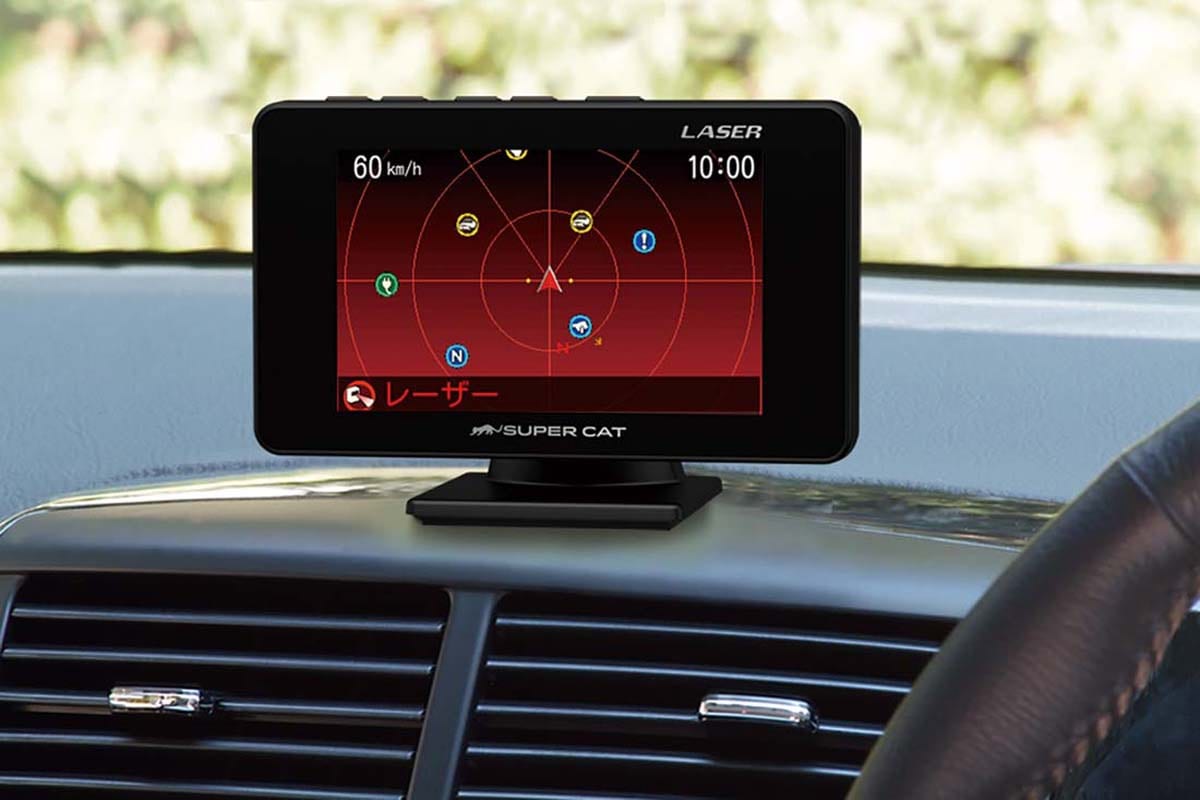
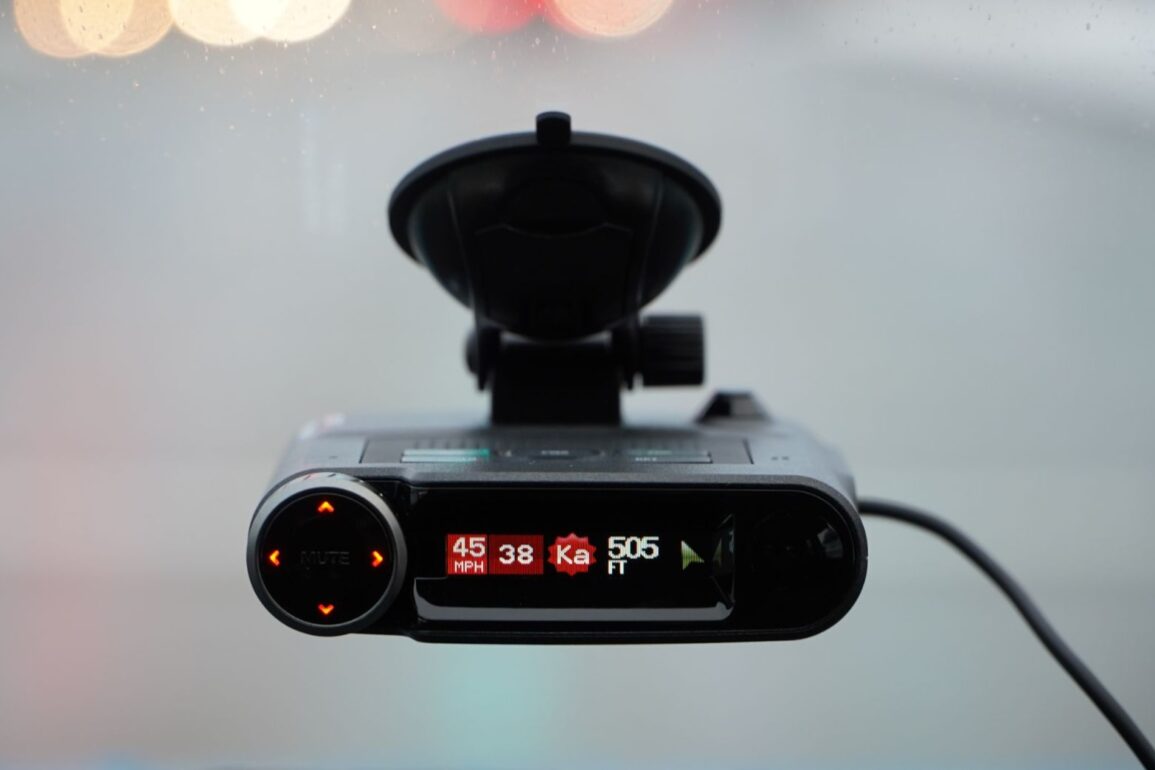

![Is Radar Detector Legal In Texas Are Radar Detectors Legal [States That Say No!] – DRIVING LIFE](https://m.media-amazon.com/images/I/41MWH-uIyGL._SL500_.jpg)

